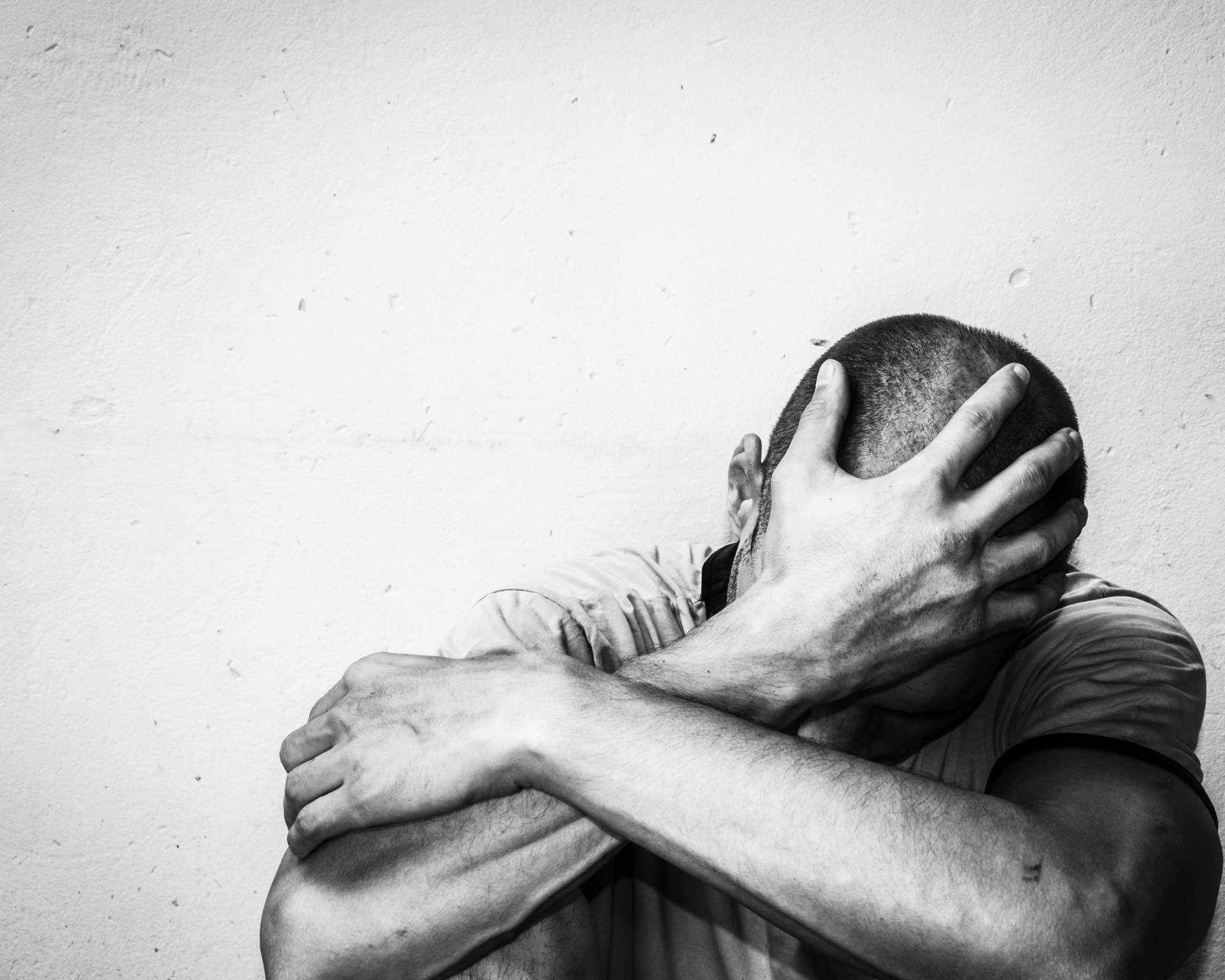When you are suffering from addiction, it can feel like an impossible cycle to break. Every time you feel like you might be on the right path, something happens that makes you feel like using again. The circumstances, situations, and feelings that lead you to abuse substances after a period of abstinence are known as “relapse triggers.”
While the notion of having to worry about unforeseen triggers causing you to lose progress in sobriety may be disheartening, there are plenty of ways to overcome them. When you attend a drug rehab center, you will learn tons of tips, tricks, and tools that you can use to prevent yourself from experiencing a relapse.
Understanding Relapse Triggers
There are a myriad of different situations, emotions, and experiences that can trigger your impulses to abuse substances. The first step to preventing relapse is being aware of the triggers that could affect you.
The most common relapse triggers include:
Social and Environmental Triggers
The most common triggers for relapse involve social and environmental cues that remind you of drugs or alcohol. This could include seeing a person who you used to use drugs with, walking by a street corner where you used to buy them, or just simply smelling something that reminds you of your drug of choice. These instances can cause intense cravings that put you at a high risk of relapsing when you aren’t armed with the proper coping mechanisms.
Stress and Mental Health
High levels of stress can also be a huge trigger for relapse. Even some people who do not suffer from addiction reach for a glass of wine after a stressful day of work. The difference is, your one glass of wine could quickly lead to a downward spiral of binge drinking and substance abuse.
In addition to stress, other negative emotions or untreated mental health issues can be relapse triggers. For example, suffering from anger, anxiety, depression, and even boredom may cause you to begin fantasizing about your old habits. As a result, it’s important to learn how to self-regulate your emotions and turn to sober friends in times of need.
Interpersonal Issues
Interpersonal issues such as having conflicts with your family members or friends will lead to feelings of stress, anger, or sadness. When you aren’t able to communicate with others in a healthy and productive manner, the negative emotions that arise during these conflicts could intensify, triggering a relapse.
According to the National Institute of Health (NIH), “intrapersonal negative emotional states and interpersonal conflict situations served as triggers for more than one-half of all relapse episodes.”
Medical Issues
If you experience medical issues that cause physical pain, you may be prescribed narcotic pain medication to help manage your side effects. While taking prescribed medications for necessary medical reasons can be safe, it can also be a major trigger for relapse. When you suffer from a substance use disorder, it’s often difficult to control how much of the medication you are using, sometimes leading to relapse.
Positive Moods
While it may seem strange, positive moods can be a relapse trigger. When you are happy about something, you want to celebrate it. Before you got sober, you most likely used alcohol and drugs to enhance your happy mood while at celebratory events, like graduations, weddings, and birthdays.

Get The Care You Need and Deserve
Woburn Wellness Addiction Treatment is a leader in the addiction treatment field, with proven success in facilitating long-term recovery. Our team of top clinical & medical experts specializes in treating addiction coupled with mental illness, ensuring that each person receives individualized care. Call us – we’re available 24/day, 7 days/week.
How Can a Drug Rehab Center Help You Cope With Triggers?
When you attend a drug rehab center, you will learn various forms of healthy coping mechanisms. In fact, learning how to cope with triggers is one of the main things you will work on during your stay at an addiction treatment facility. This is because, more often than not, addiction develops when you are unable to cope with stressors in your life.
But how does a rehab program teach you these skills?
You will participate in several forms of therapy, from counseling groups to individual therapy and educational workshops. During therapy, your counselors will use evidence-based treatment tactics that teach you how to properly cope with emotions, avoid detrimental situations, and coach you on how to work through distressing events when you cannot avoid them.
Substance abuse treatment centers also use relapse prevention planning. Relapse prevention planning involves identifying your triggers and practicing a variety of coping tools, techniques, and self-soothing strategies that can help you overcome triggers once you leave the facility and begin living your everyday life as a sober individual.
Common aspects of a relapse prevention plan include:
- A list of triggers that are specific to you
- Coping mechanisms that work for you, like meditation, breathing techniques, or mindfulness
- Continued attendance at therapy and counseling
- Continued medication management if needed
- A list of people you can call for support in times of need
- Referrals to sober living housing programs
- Alumni support groups provided by your facility
- Recommendations on addiction support groups to attend like Alcoholics Anonymous (AA) or SMART Recovery
Learn Effective Relapse Prevention Strategies At Woburn Wellness
Staying sober can be really difficult, especially when you leave a facility and begin navigating everyday life and experiencing stressors. While adjusting to sobriety can be hard, the relapse prevention skills you learn in professional drug rehab can give you a strong foundation of recovery to lean on.
If you or a loved one suffer from drug addiction and would like to begin a new way of life, Woburn Wellness is here to help. We pride ourselves on providing our patients with all of the tools and resources they need to maintain long-term recovery. Contact us today to get started.


